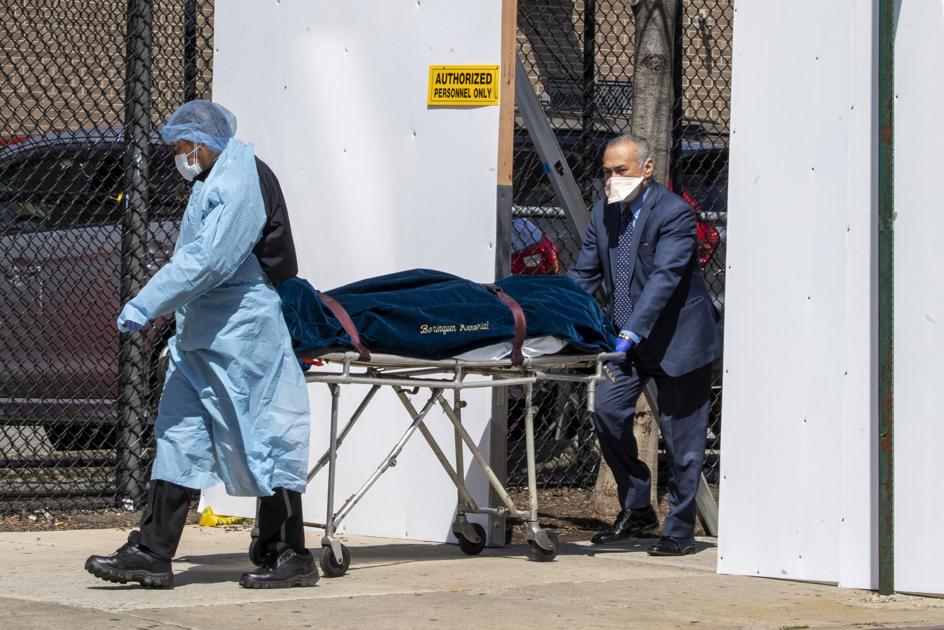
Autopsies of 10 African American victims of coronavirus in New Orleans show that the insides of their lungs were riddled with blood clots, adding to evidence that COVID-19 stokes damage in the body far beyond a typical respiratory illness.
Black dots lining the small blood vessels and tiny capillaries inside the lungs told researchers that COVID-19 was much more than a severe form of pneumonia.
By early April, the LSU researchers saw a pattern: The first 10 people autopsied showed signs that issues with blood clotting in small vessels in the lungs contributed to their death.
The patients did not have signs of hospital-acquired infection from being on a ventilator or inflammation of the heart, which researchers in China reported in coronavirus patients.
The association of blood clots with coronavirus was initially surprising, but recent research from around the world indicates clots are prominent in severely-ill patients.
After a well-earned break following six weeks treating coronavirus patients in the University Medical Center ICU, Dr.
But it’s a multisystem, multiorgan disease,†said Bikdeli, who collaborated with more than 40 experts to create guidelines for treating clots in COVID-19 patients.
In the lungs and small blood vessels, the clots can prevent blood flow and the exchange of gases within the lungs, making it hard for people to get enough oxygen into their bloodstream.
Another autopsy study of 12 patients in Germany published in the Annals of Internal Medicine found that seven had undiagnosed deep-vein thrombosis, a blood clot in the leg that often breaks off and travels to the lungs, causing a pulmonary embolism.
It’s not clear why COVID-19 is causing blood clots, but researchers think it may have to do with the inflammatory response and the way coronavirus infects the cells of blood vessels.
In COVID-19 patients, the lining of blood vessels becomes injured by the infection and can trigger what’s known as a cytokine storm — an overreaction of the immune system that causes chemical messengers and compounds to flood the body.
As a result of the study and similar conclusions from other researchers, patients can expect closer monitoring of blood clot formation through laboratory tests that measure the body’s response to a clot!
